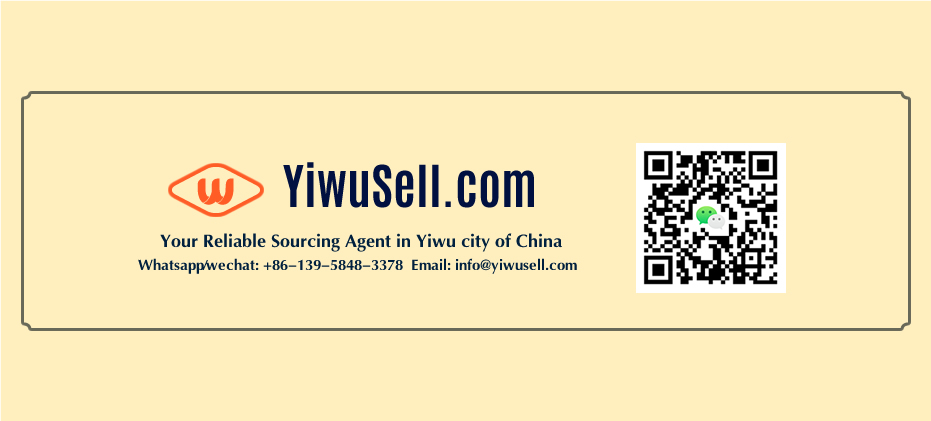Yiwu International Trade City: A Comprehensive Guide
Yiwu International Trade City, formerly known as Yiwu Futian Market, is a renowned wholesale market located in Yiwu, Zhejiang Province, China. It is the largest small commodity wholesale market in the world and plays a significant role in global trade. In this comprehensive guide, we will explore the history, layout, and significance of Yiwu International Trade City.

History
Yiwu International Trade City has a rich history that dates back to the early 1980s when China initiated its economic reforms and opening-up policy. The market was initially known as Yiwu Small Commodities Market and operated in a few scattered locations. However, as the demand for Chinese goods grew globally, the market expanded rapidly, leading to the establishment of Yiwu International Trade City in 2002. The market underwent further expansions and renovations, solidifying its position as a leading global trading hub.
Layout
Yiwu International Trade City is an expansive complex covering an area of over 5 million square meters and housing over 75,000 booths. The market is divided into five districts, each specializing in different product categories. These districts are further subdivided into sections and streets, creating a well-organized and easily navigable shopping environment. The market offers a wide range of products including jewelry, accessories, textiles, toys, crafts, and much more.
Significance
The significance of Yiwu International Trade City extends beyond its sheer size. It has become a crucial link in the global supply chain, connecting manufacturers and wholesalers with buyers from all over the world. The market’s strategic location in the heart of China’s manufacturing hub, coupled with its efficient logistics and infrastructure, makes it an ideal destination for international trade. Yiwu International Trade City has also played a pivotal role in boosting China’s export economy and promoting international trade cooperation.
Trade Opportunities
For businesses looking to source products from China, Yiwu International Trade City offers abundant opportunities. The market hosts numerous trade fairs and exhibitions throughout the year, attracting buyers from diverse industries. These events provide a platform for businesses to showcase their products, network with potential partners, and stay updated on the latest market trends. Additionally, the market’s proximity to major transportation hubs and ports facilitates smooth and cost-effective shipping of goods to international destinations.
Quality Control
In recent years, Yiwu International Trade City has placed increased emphasis on quality control and product safety. Market management has implemented strict regulations to ensure that products meet international quality standards and comply with relevant regulations. This focus on quality has enhanced the market’s reputation and instilled confidence in buyers regarding the reliability of products sourced from Yiwu.
Future Outlook
As China continues to play a pivotal role in global trade, the future outlook for Yiwu International Trade City remains promising. The market is embracing digital transformation by launching online trading platforms, enabling buyers to connect with suppliers virtually. This initiative is expected to further expand the market’s reach and attract a new generation of tech-savvy buyers. Additionally, ongoing infrastructure developments and initiatives to enhance service quality will contribute to sustaining Yiwu International Trade City’s position as a leading global trade center.
In conclusion, Yiwu International Trade City, formerly known as Yiwu Futian Market, stands as a testament to China’s remarkable economic growth and its integration into the global economy. With its vast array of products, efficient trading environment, and commitment to quality, the market continues to be a beacon for international trade. Whether you are a seasoned buyer or a newcomer to global trade, Yiwu International Trade City offers an unparalleled opportunity to engage in successful business transactions and establish lasting partnerships.